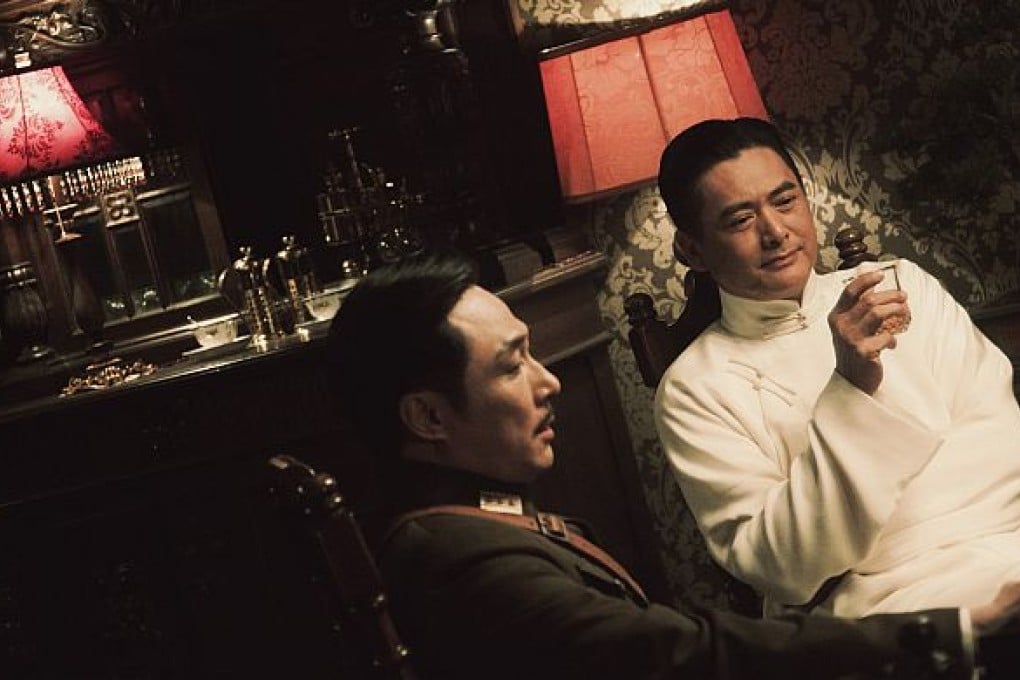The Asian Film Awards
With the seventh annual Asian Film Awards just around the corner, Sean Hebert explores how culture and commercialism need to co-exist not only for the benefit of cinema lovers, but Hong Kong as a whole.

When the 85th Academy Awards wrapped up in Los Angeles last month, it would have been easy to believe that director Ben Affleck was the night’s big winner. After all, his film “Argo” took home three statues, including the all-important Best Picture. But amid the glitz, the glamour, the red carpet dresses and the big Hollywood names, the Oscars generate some serious money for the film industry. So how does the need to make money reconcile with the need to honor excellence in cinema?
I’ve been mulling over this question in the weeks leading up to the Asian Film Awards (AFA), the Hong Kong International Film Festival Society’s annual gala for recognizing excellence in Asian filmmaking that first launched in 2007. The growing event takes place on March 18th, unofficially kicking off Hong Kong’s Entertainment Expo, a nearly month-long multimedia extravaganza that includes no fewer than nine major industry events. These include the Hong Kong International Film Festival (HKIFF), the Hong Kong International Film & TV Market and the Hong Kong Asian-Pop Music Festival. Seeing this coordinated corporate integration maintains my curiosity: are these awards really about honoring filmmakers, or are they about building the film industry?
“The AFAs, I think, were set up because the [HKIFF organizers] wanted to tell the rest of Asia that Hong Kong is still the hub of Asian filmmaking,” says Jacob Wong, director of the Hong Kong-Asia Film Financing Forum, curator for the HKIFF and juror for this year’s awards. Timing the gala to coincide with the film festival, it seems, is entirely the point. In the competitive world of film festivals, success is defined not solely by the quality of the films but by the attention they garner. “The more international press you receive, the more successful you are,” Wong continues, “and [seven years ago when the AFAs first launched] Hong Kong thought it was upping the competition for other festivals in this part of the world. There was some thinking that if the Society didn’t [organize an award ceremony], others would do it, and that was how the AFAs came about. It’s about celebrating Asian cinema, but it’s also a move for the betterment of Hong Kong as a whole, not only for film culture.”
So how exactly does a young awards ceremony attract eyes and garner that coveted media attention? Wong stresses the importance of television in building a brand, and mentions the relative pre-television obscurity of the Oscars as evidence. To bring the HKIFF or the AFAs to the next level in terms of exposure, that red carpet glitz may be just as important as the statues. Does this explain the inclusion of legendary director Wong Kar-wai (pictured, left) as the fest’s Master Class leader, and actor Andy Lau as head juror for the awards? “Yes, you need those things,” says Wong. “The HKIFF is a mass festival. We show 300 films. It caters to a large audience, so it needs stars.”
It is without cynicism that we return to the initial question: are awards ceremonies about the films, or the film industry? The correct answer appears to be both, and industry leaders here are unashamed to admit that. Film is a multibillion-dollar industry, and awards ceremonies inevitably factor into the politics of promoting quality films that can be sold to markets around the globe for profit. Film producers win so long as millions of eyeballs tune in and the media creates a sizeable enough buzz, and the talent presumably wins as they garner more exposure. With the AFAs and the HKIFF they serve, it’s this arrangement, best exemplified by the Oscars in Hollywood, which stands as the benchmark for a successfully growing Asian film industry that keeps Hong Kong as its epicenter.
That’s a good thing. Tune in Monday evening and support the cause, but remember this: regardless of whose names are pulled out of envelopes, everybody wins.